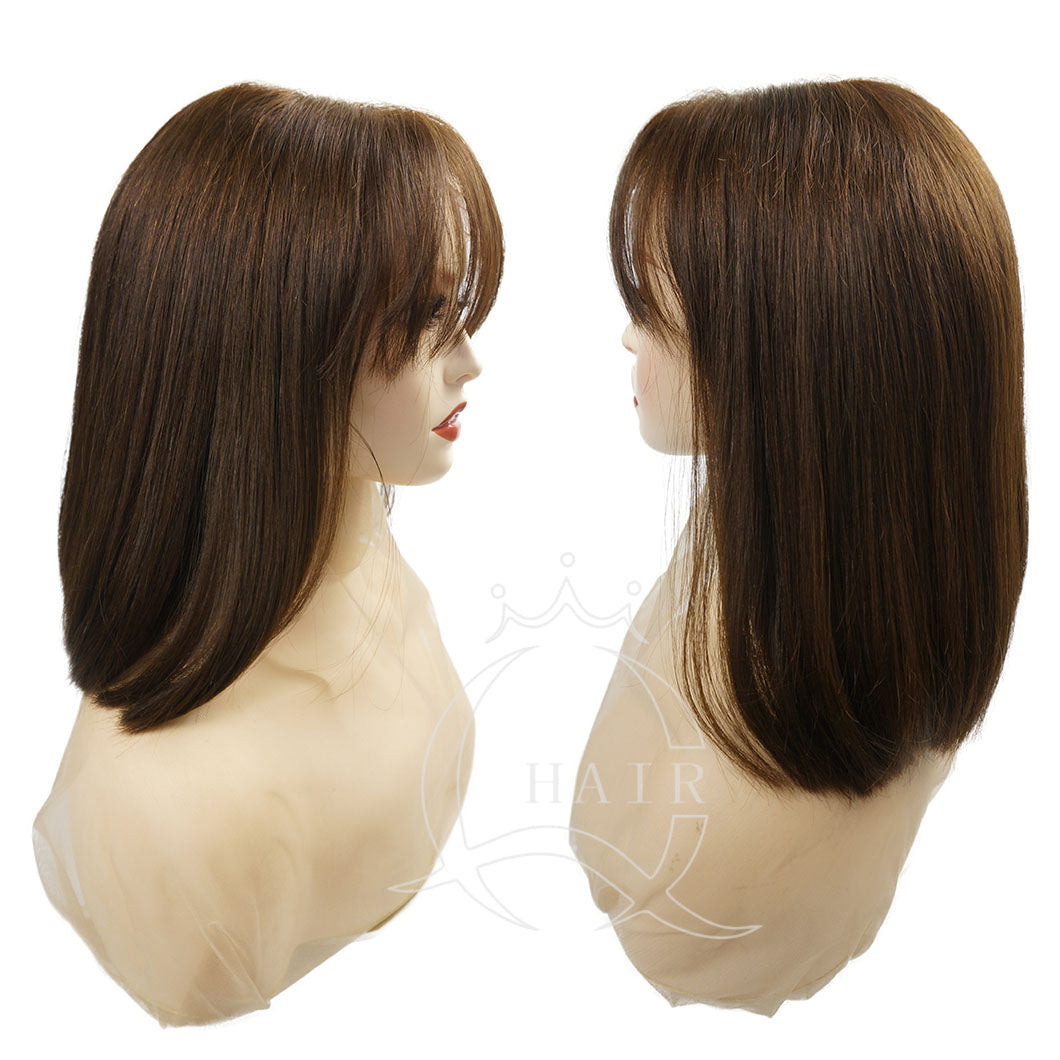
"Help! My Hair is Falling Out!"- Hair Loss
"Help! My Hair is Falling Out!" A Guide to Understanding and Tackling Hair Loss
Hair loss has become a modern-day epidemic, with people as young as teenagers now battling thinning hairlines and shedding strands. The desperate cry, "How can I save my hair?!" echoes across generations. But what’s really causing this crisis, and is there hope for regrowth? Let’s break down the science and habits behind hair loss, with insights from dermatologist Dr. Yang Shuxia.
Habits That Contribute to Hair Loss
For young adults, lifestyle choices play a massive role in hair health. Dr. Yang highlights these key culprits:
-
Chaotic Sleep Schedules
Staying up late, irregular sleep patterns, and chronic sleep deprivation disrupt the body’s circadian rhythm. This triggers hormonal imbalances and inflammation, pushing hair follicles into a "shedding phase." -
Chronic Stress and Anxiety
High stress levels spike cortisol, which shortens the hair growth cycle and accelerates hair loss. -
Extreme Dieting and Nutritional Deficiencies
Crash diets, keto fads, or cutting out entire food groups (like carbs or fats) deprive the body of essential nutrients. For young women, iron deficiency—common due to menstrual blood loss and poor diets—is a major trigger.
Why Does Dieting Cause Hair Loss forte?
Unhealthy weight loss tactics often lead to telogen effluvium, a condition where hair prematurely enters the "resting phase" and falls out. Dr. Yang explains:
- Severe calorie restriction deprives hair follicles of protein, zinc, and vitamins.
- Rapid weight loss disrupts hormone balance, worsening shedding.
- Low iron levels (common in women) starve follicles of oxygen, stunting growth.
Why Are Even Teens Losing Hair?
Hair loss in Gen Z isn’t just about genetics. Teens face:
- Early-onset androgenetic alopecia (genetic pattern baldness) emerging during puberty.
- Academic pressure, sleep deprivation, and poor diets causing telogen effluvium.
- Stress-induced alopecia areata (patchy hair loss), which can affect even young children.
Can Shampoo Cause or Prevent Hair Loss?
Dr. Yang debunks myths:
- Shampoos don’t cause hair loss—they only cleanse the scalp surface. If shedding seems worse after switching products, timing might coincide with a natural shedding phase.
- Overuse of "anti-hair loss" shampoos can dry out hair, making it brittle and prone to breakage. Focus on gentle formulas instead.
How to Regrow Lost Hair
The key? Target the root cause:
- Diet-related hair loss: Consult a nutritionist to address deficiencies (iron, zinc, vitamins) and adopt balanced eating habits.
- Androgenetic alopecia: Medical treatments like minoxidil or finasteride may be needed.
- Stress-induced shedding: Prioritize sleep, manage stress, and avoid extreme diets.
Final Takeaway
Hair loss isn’t a life sentence. By fixing sleep habits, easing stress, eating mindfully, and seeking professional help, you can rescue your strands. Remember: Healthy hair starts from within!
Stay informed, stay kind to your body, and let’s fight the follicle battle together. 💪
Seaching #losthair #hairproblem #hairloss #qshairwig follow us to get more share about hair and wigs!
(The above content comes from an interview with Yang Shuxia, chief physician of the Department of Dermatology and Venereology at Peking University First Hospital, by Chinese news media)
